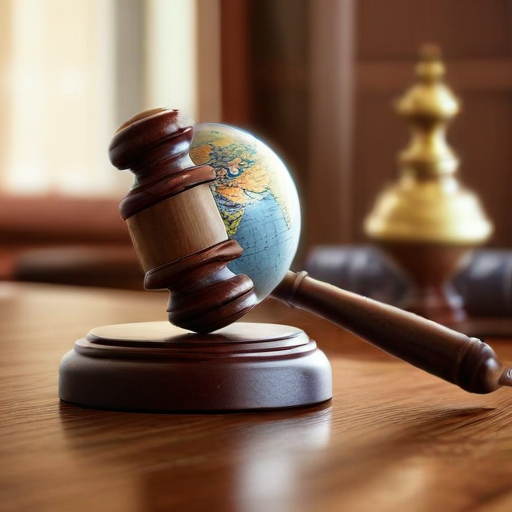The International Criminal Court (ICC) announced on Thursday that it has issued arrest warrants for Israeli Prime Minister Benjamin Netanyahu, former Defense Minister Yoav Gallant, and Hamas military chief Mohammed Deif, citing alleged crimes against humanity and war crimes.
The ICC has accused Netanyahu and Gallant of committing numerous human rights violations in the Gaza Strip, where local authorities report that over 44,000 lives have been lost due to a sustained military campaign by Israeli forces.
In response to the warrants, Netanyahu’s administration expressed outrage, labeling the move as “antisemitic” and dismissing the claims as “absurd and false.” The Israeli government condemned the ICC, labeling it a “biased and discriminatory political body.”
On the other hand, Hamas heralded the ICC’s decision as a significant step toward justice. However, senior Hamas official Basem Naim pointed out that without global support for the court’s actions, the warrants would remain largely symbolic and lacking enforcement.
The United States also rejected the ICC’s warrants, stating it is “deeply concerned” about the prosecutor’s decision and the potential errors that may have led to it. Both the U.S. and Israel do not recognize the ICC’s jurisdiction, which complicates the implementation of the warrants since the court lacks a police force.
The ICC’s decision highlights serious allegations against Netanyahu and Gallant, noting their involvement in what it describes as crimes against humanity and war crimes occurring from October 8, 2023, to May 20, 2024. Such accusations include the use of starvation as a method of warfare, alongside other serious offenses aimed at the civilian population.
The court further alleged that their actions have significantly hindered humanitarian organizations’ ability to deliver essential supplies like food, water, and medicine to the beleaguered civilian population in Gaza.
This situation marks a critical moment internationally, as discussions surrounding accountability in conflict zones gain momentum. Increased scrutiny over military actions and their humanitarian impacts may lead to greater advocacy for and implementation of international laws aimed at protecting civilians in warfare.
The ICJ’s decision, while surrounded by political controversy, could encourage more nations to reconsider their stance on international judicial processes and the protection of human rights, demonstrating the world’s ongoing commitment to seeking justice even amid complex geopolitical conflicts.
